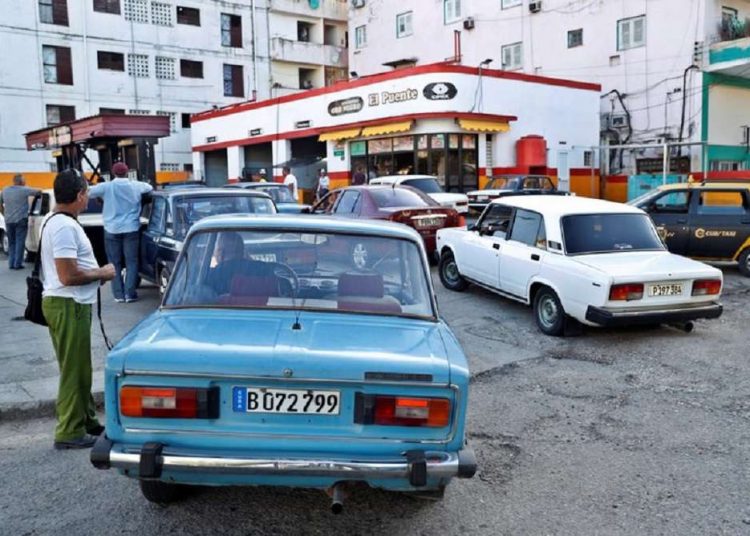Cuban Foreign Minister Bruno Rodríguez wrote this Tuesday that since 2019 the United States has continued to “persecute” ships, shipping companies and insurance companies with the aim of “depriving the island of fuel.”
Rodríguez described this measure on Twitter as “a criminal action by the United States administration,” and mentioned that “in 2019 alone, 53 vessels and 27 companies were blacklisted.” He also lamented that the “persecution” is still in force, since it has had a “significant impact” for the island during the COVID-19 pandemic.
Cuba relies heavily on foreign oil to produce energy and seeks to change its energy matrix so that by 2030 24% of its energy (around 2,300 megawatts) comes from renewable sources.
The Cuban government accuses the United States of trying to block the supply of fuel from third countries, especially Venezuela, by virtue of the sanctions that Washington has imposed on both Latin American partners.
According to the EFE agency, official data estimates that between November and December 2019, 12,399 hectares of rice were not planted “due to the unavailability of fuel.”
La persecución a buques, navieras y empresas de seguros para privar de combustible a #Cuba es una acción criminal del gob. EEUU.
Solo en 2019, se incluyeron en listas negras 53 embarcaciones y 27 compañías.
Medida persiste con sensible impacto para el país en contexto #COVID19. pic.twitter.com/9alv2sKnyO
— Bruno Rodríguez P (@BrunoRguezP) February 8, 2022
Between April and December 2020, the damage affected production, the agricultural sector, monetary-financial operations, and high costs due to the geographical relocation of trade, according to Granma newspaper, quoted by EFE.
Cuba temporarily stopped receiving oil at the end of 2019 and faced a fuel crisis with a negative impact on transportation and industrial activities, something that the government then described as a “temporary situation.”
EFE/OnCuba










